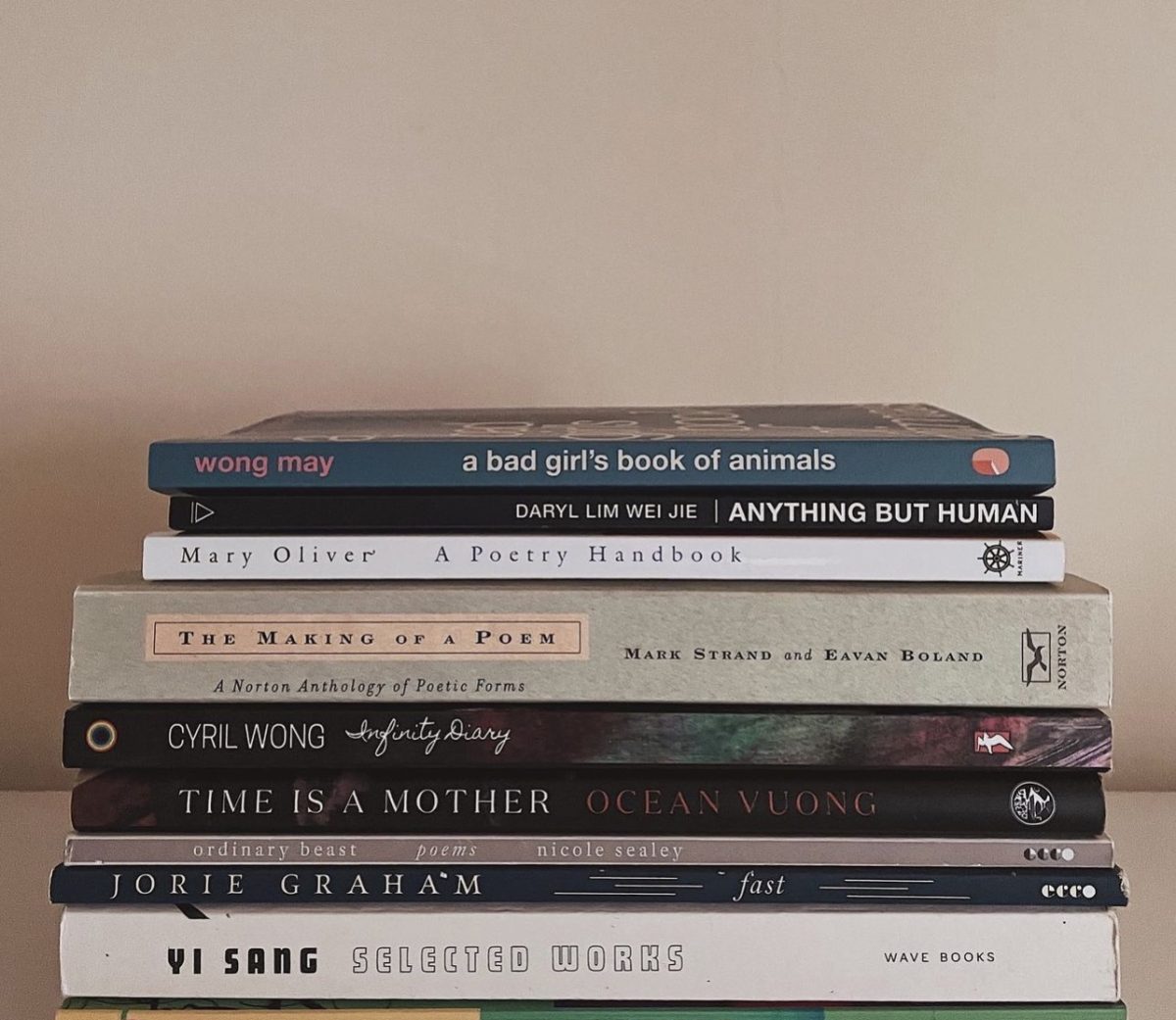In the last couple of decades, poetry readership in the United States has dropped considerably, and that drop in readership also indicates a drop in poetry construction. People just don’t write poetry like they used to. Throughout various periods in history, in various places around the world, to be a good poet was to be respected. To be a poet was to be an artist, a leader, a genius. So what happened?
In the 21st century, poetry gets a bad rap. People tend to say that the genre is antiquated or too confusing, and while that can certainly be true, it doesn’t have to be. Good poetry does not have to be critically acclaimed. It doesn’t have to rhyme or talk about nature or even form stanzas. The only requirement for good poetry is that it is good for you. It should make you feel more deeply or think about the world differently. If you are lucky, you will find some poetry that can make you do both.
Besides, poetry is all around us. According to many historical and literary scholars, poetry predates prose by centuries. Everything you’ve ever read only exists because poetry came before it. Long before the days of standardized sentence structure, spelling and capitalization, people wrote in verse. They even spoke in verse. Poetry is also tangibly present in many of our lives without us even realizing it. For example, some of today’s fastest-growing musical genres, hip-hop and rap, are filled with poetry, and if poetry is a good enough medium for Kendrick Lamar, it’s good enough for me.
But possibly more important than reading good poetry is writing bad poetry. As therapeutic as reading (or listening to) poetry can be, writing your own is even more so. Poetry can free you to explore the hard feelings that are inherent to being human through easier channels. You can use metaphor to describe experiences that are difficult to put into the words of reality. You can rely on rhyme to mimic the pitter-patter of the rain that has inspired your thoughts. You can use rich images from nature to explain painful feelings that might otherwise be hard to write down.
I like to think of poetry as journaling without any expectations. With poetry, you are not constrained by the complete-sentence structure or paragraph form that journaling usually takes. You don’t have to write out the day’s events in chronological order. You can play with your words and get to know them in a more meaningful way. This exploration into language and emotion can be as exhilarating or as relaxing as you wish. After a long day, poetry can help you unwind in a way that is both constructive and creative. Rather than push away the day’s baggage, write a poem. Instead of escaping to the online world of mindless scrolling, write a poem. I’m serious. WRITE A POEM.
As I’ve explained, poetry is good for the soul, but there are also some pretty clear literary and academic benefits to writing poetry. Even just practicing it is good for the mind. Writing poetry can expand your vocabulary, increase your understanding of metaphors and enable you to give new meanings to old words. Forcing yourself to write in stricter poetic forms can help advance these skills as well. Nothing is better for expanding your vocabulary than sitting on the floor, leafing through a thesaurus to finish a set of couplets.
Finally, the best part about writing bad poetry is that you can do it over and over again. If you sit down with your notebook and set out to write the world’s greatest poem, you won’t write anything. You have to be willing to experiment, to let yourself write crap. When you get all the bad stuff out of your system, you’ll find the real essence of your writing, the feelings that matter, the images that work. From there, you can build something great, but the bad stuff has to come first. At least, that is how I write poetry. I typically go through a few notebook pages of mismatched lines, cliché nature metaphors and not-so-funny wordplay before I get into a groove that makes me feel like I’m writing something special.
In short, poetry is pretty cool. Anyone can do it. You don’t have to be a wordsmith or an aspiring writer to sort out your feelings through the art. You just have to be willing to write something down, rip out the page and start again. On that note, I’ll leave you with some wise words from Jane Hirshfield’s “The Poet”: “Let her have time, and silence / enough paper to make mistakes and go on.”
Allison Schneider, FCRH ’26, is an English and political science major from Indianapolis, Ind.











































































































































































































